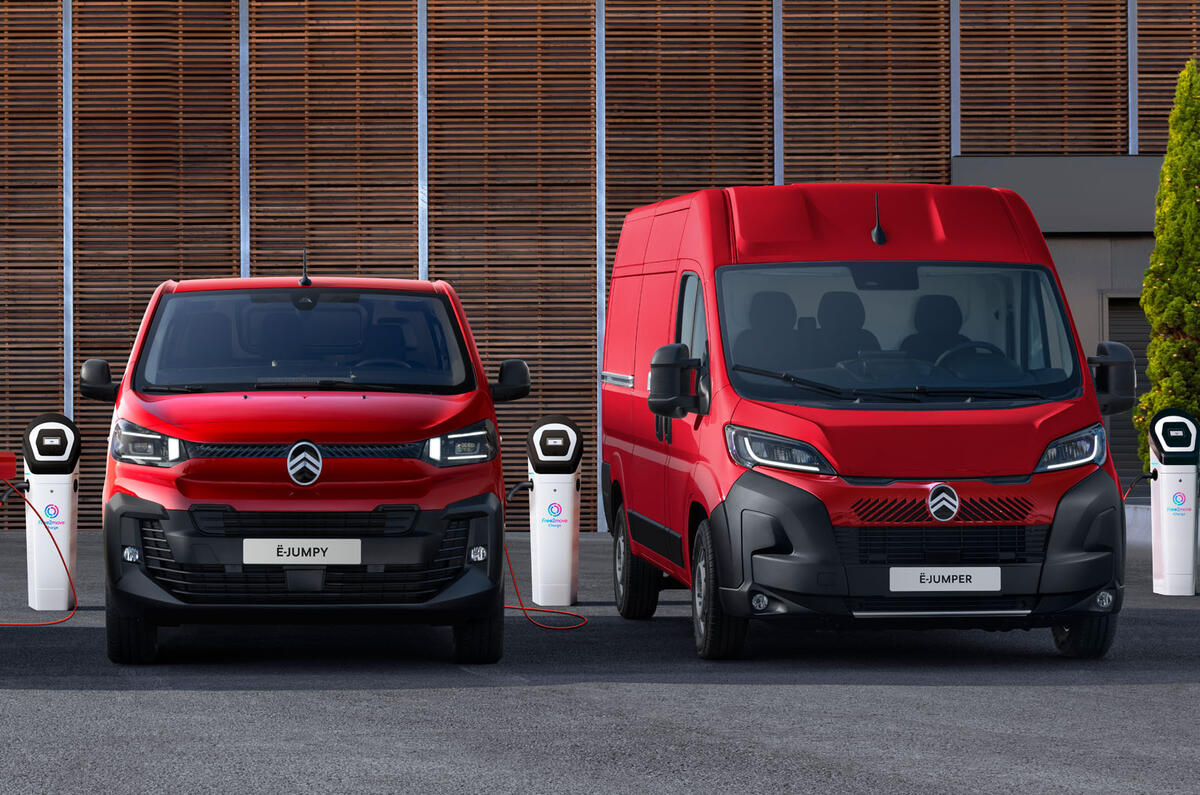Europe’s van makers are strongly pressing the European Union to put the brakes on “financially lethal” emissions targets designed to shift the industry towards 100% electric by 2035, even as signs of EV growth are emerging.
Legislators in the EU and the UK are forcing an accelerated pace of electrification in the van segment, a pace that the van makers say they can’t meet.




Add your comment